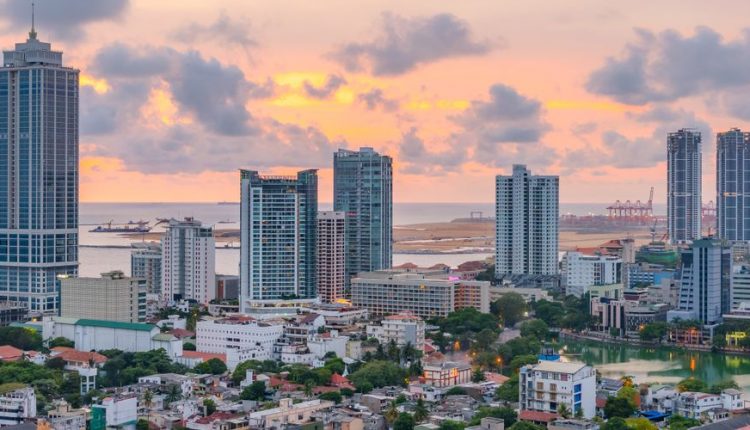Sri Lanka to introduce new IMF-backed tax framework for large-scale investors
COLOMBO – Sri Lanka is set to unveil a competitive, transparent, and rules-based tax framework for large-scale investors following discussions with the International Monetary Fund (IMF), Board of Investment (BOI) Chairman Arjuna Herath announced.
The new policy, expected to be announced shortly, will apply to investment projects exceeding US$50 million, replacing the Strategic Development Project (SDP) Act concessions that previously granted tax holidays of up to 20 years. Those incentives were suspended earlier amid IMF concerns over non-transparent, negotiated tax deals that undermined fiscal discipline.
“In that context, we have worked actively with the IMF to get the new SDP project concessions in place,” Herath said. “Projects over US$50 million will be eligible for the new concessions, which will vary based on investment thresholds. We expect this to make our country’s investment environment more competitive than it is today.”
Under the revised framework, all tax incentives will be governed by clear and uniform rules, similar to international best practices. Herath added that the practice of granting tax-free salaries to senior executives of SDP-approved companies will also be discontinued.
Sri Lanka’s corporate income tax rate currently stands at 30%, significantly higher than that of many East Asian economies with more stable monetary environments, such as Vietnam and Cambodia, where corporate tax rates hover around 20%.
Experts note that economies like Singapore and Cambodia have achieved greater fiscal and monetary stability through consistent policy frameworks, low inflation, and minimal foreign exchange crises — factors that have allowed them to maintain investor confidence without offering excessive tax breaks.
In contrast, Sri Lanka has often resorted to ad hoc tax increases during balance of payments crises, particularly under IMF stabilization programs triggered by monetary instability and currency depreciation.
The BOI Chairman said the new approach aims to reduce unpredictability, align tax policy with global standards, and enhance investor confidence by replacing politically negotiated incentives with a rules-based structure.
Globally, the IMF and the Organization for Economic Co-operation and Development (OECD) have also pressed for a minimum 15% corporate tax rate to prevent a “race to the bottom” among low-tax jurisdictions. Herath said Sri Lanka’s new system would strike a balance between competitiveness and transparency, ensuring that the country remains attractive for foreign direct investment while strengthening fiscal integrity.
-ENCL



Comments are closed, but trackbacks and pingbacks are open.